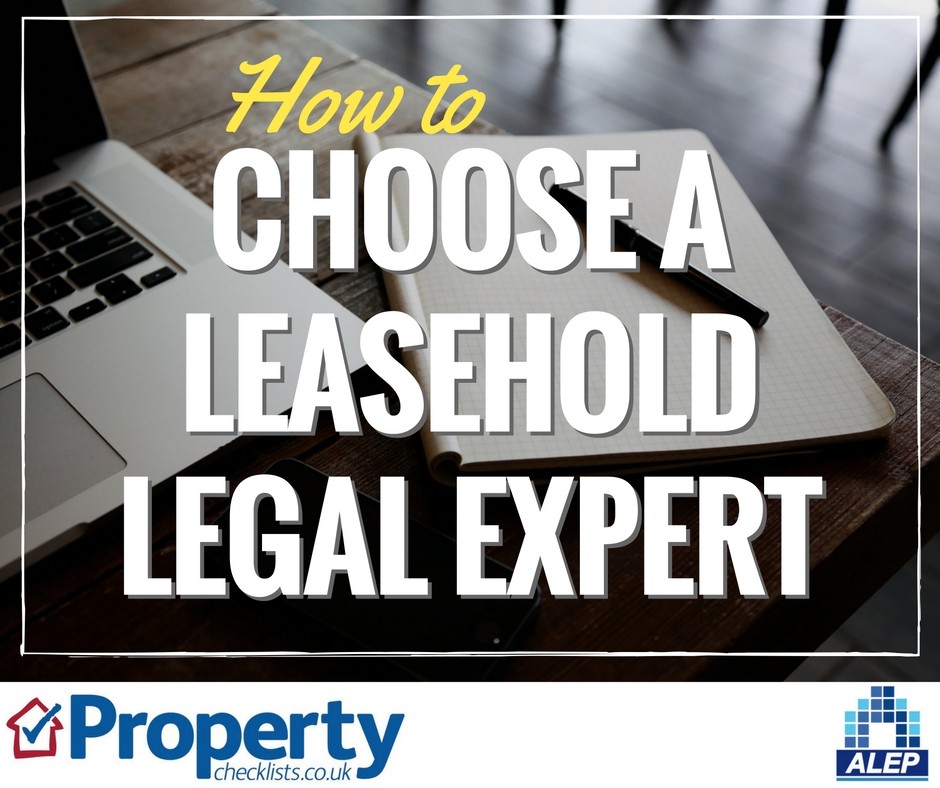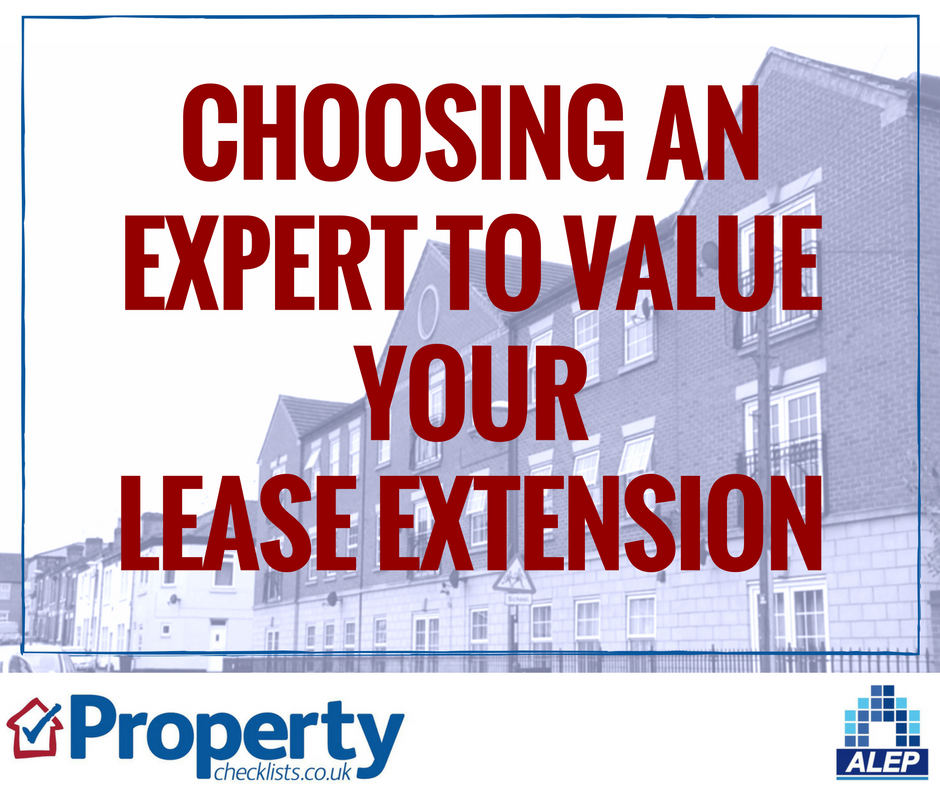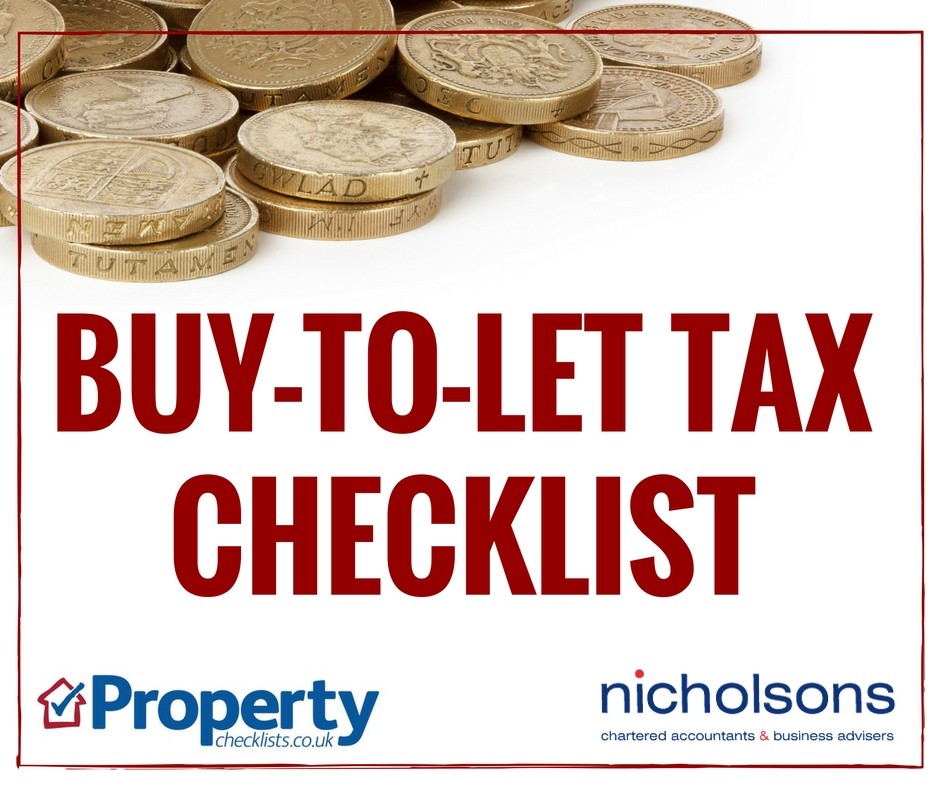publication date: Dec 4, 2020
|
author/source: Guest article by Dominic Danvers of Leasehold Law – member firm of ALEP

Dom's top 10 (or 11) things to consider when buying a leasehold property

In this article, Dominic Danvers of Leasehold Law – member firm of the Association of Leasehold Enfranchisement Practitioners (ALEP) – offers his guidance on what to consider when purchasing a leasehold property.
When buying a leasehold property, leaseholders need to be confident that they are aware of what is and what is not included in their lease and understand any changes they may face during the lifespan of their lease. This guide looks at key points and practicalities to consider before making a purchase.
- You will be a tenant - Leasehold is a very long tenancy during which you must maintain and repair the property at your expense without compensation by the landlord at the end of the tenancy. That statement tends to put a leasehold purchase into perspective as many people assume that they will own the property outright and live in it as they see fit.
- Lease length - Generally speaking, the shorter the term of the lease, the more you will need to pay to the landlord should you wish to have it extended. Lease terms approaching 80 years are less marketable than longer terms because ‘marriage value’ is payable when the term falls below 80 years, which increases the cost dramatically. If the lease term is short, you can ask your seller to serve a Notice on the landlord to extend it (and have the benefit of the Notice assigned to you under the sale contract) and negotiate the price to take account of the money you will need to pay the landlord for the lease extension.
- Service charges - You will have to pay the landlord for your share (as it is defined in the lease) of the costs they incur in repairing and maintaining the structure of the building and the common parts. These include day-to-day services, ad-hoc repairs, and larger scheduled maintenance projects. Your share could run into several tens of thousands of pounds, particularly in larger blocks where roofs or lifts are being repaired or replaced. Always check the service charge definitions in the lease, ensure the block has an adequate sinking or reserve fund to cover emergency repair, and find out when the last scheduled maintenance of the building was undertaken to avoid a hefty service charge bill for which you hadn’t budgeted landing on your doorstep very soon after you complete your purchase.
- Ground rent - Ground rents vary from lease to lease and it is very important you check what it currently is and whether it could be increased in the future. Onerous ground rent provisions in the lease can prove extremely problematic and prevent you from securing a mortgage.
- Permissions - Leases usually require the landlord’s permission for certain things such as carrying out alterations to the property. Some might permit non-structural changes but will require the landlord’s consent for structural alterations; others might prohibit structural alterations; and some might prohibit any and all alterations. I would err on the side of caution and always consult your landlord if you wish to carry out alterations to the property.
- Restrictions - Leases usually restrict your use of the property. Some can be very prescriptive. For example, you might not be able keep a pet, play music after 11pm, or have wooden flooring. Be aware of the restrictions in the lease – they may not be compatible with your lifestyle.
- Forfeiture - If you breach the lease by not complying with its provisions, the landlord can apply to the court for the lease to be ended and you could be evicted from the property without compensation to you or your lender. You would have no property, but you would still need to repay your mortgage to the lender. The courts have the power, in some circumstances, to grant relief from forfeiture by ordering the tenant to remedy the breach instead of ending the lease.
- Cladding - Cladding has become a very serious issue since the tragic events of Grenfell Tower. Lenders are refusing to provide mortgages on properties without a fire safety certification for the external wall surface. Although government funding is available, it is very limited and the cost of making an external wall surface safe and having a ‘waking watch’ on buildings is commonly passed on by landlords to leaseholders through the service charges. Many leaseholders are finding themselves unable to pay the charges or sell their property. Make sure the building has an EWS1 certificate if it needs one.
- Statutory rights - Legislative protection exists for leaseholders. It includes the right to challenge service charges and management of the building, the right to extend the lease term and the right to buy the freehold of the building in which the property is situated. Not all rights are automatic and so you would need to seek specialist advice before attempting to exercise them.
- Reform - The Law Commission has now published proposals to reform the existing leasehold system. Recommendations for reform include capping ground rent and reducing the cost of extending a lease or buying a freehold. However, these recommendations will need to be taken up by government and pass through parliament before receiving Royal Assent and being enacted as legislation. Unfortunately, reform of the leasehold system may take several more years as the government tackles other issues such as Covid-19 and Brexit. It is advisable that anyone thinking of purchasing a leasehold property should be aware of these proposed reforms.
- Don’t skimp on legal fees - Always employ the services of a conveyancer who specialises in leasehold and can advise you on the lease. If you don’t use a specialist, it might prove very costly for you in the long-term should something be overlooked!
Dominic Danvers is a Senior Solicitor at Leasehold Law LLP
For more guidance and to find an ALEP member please visit the ALEP website.



